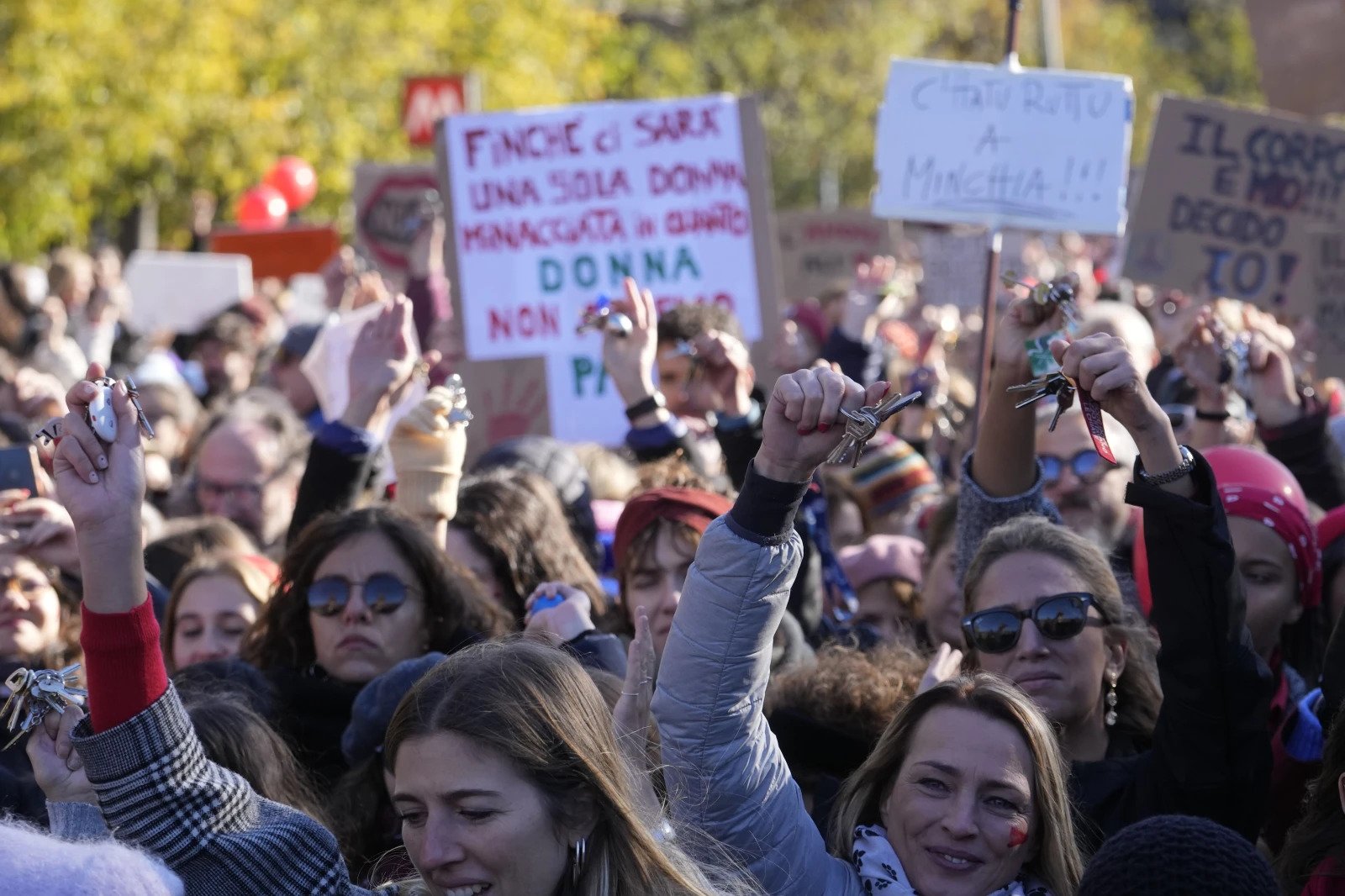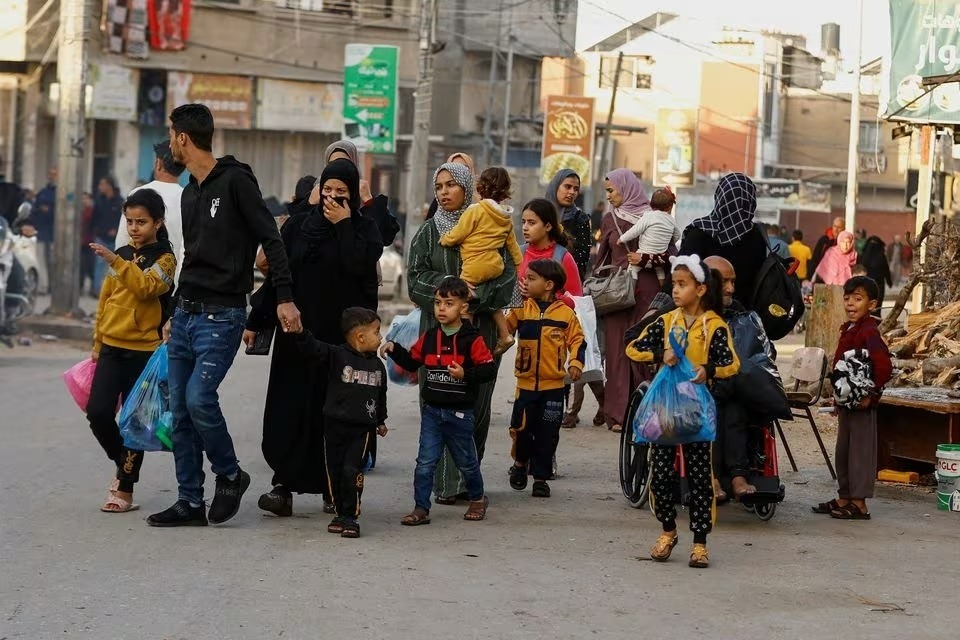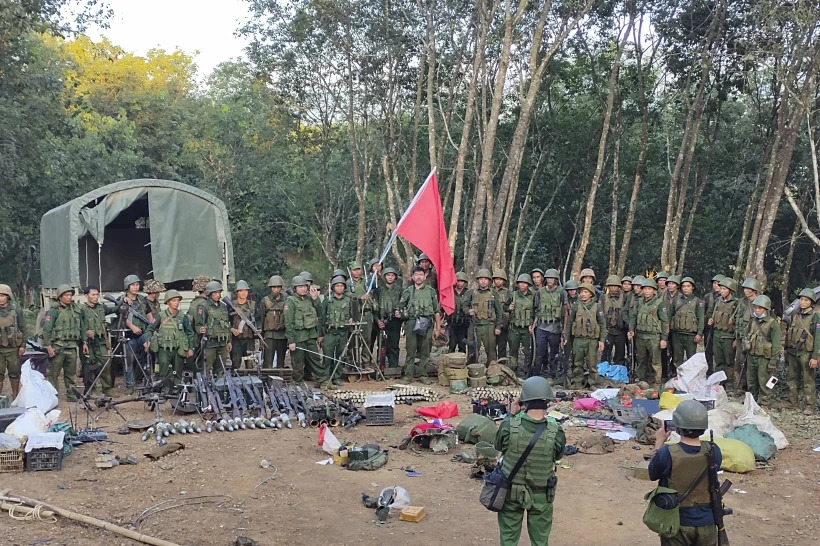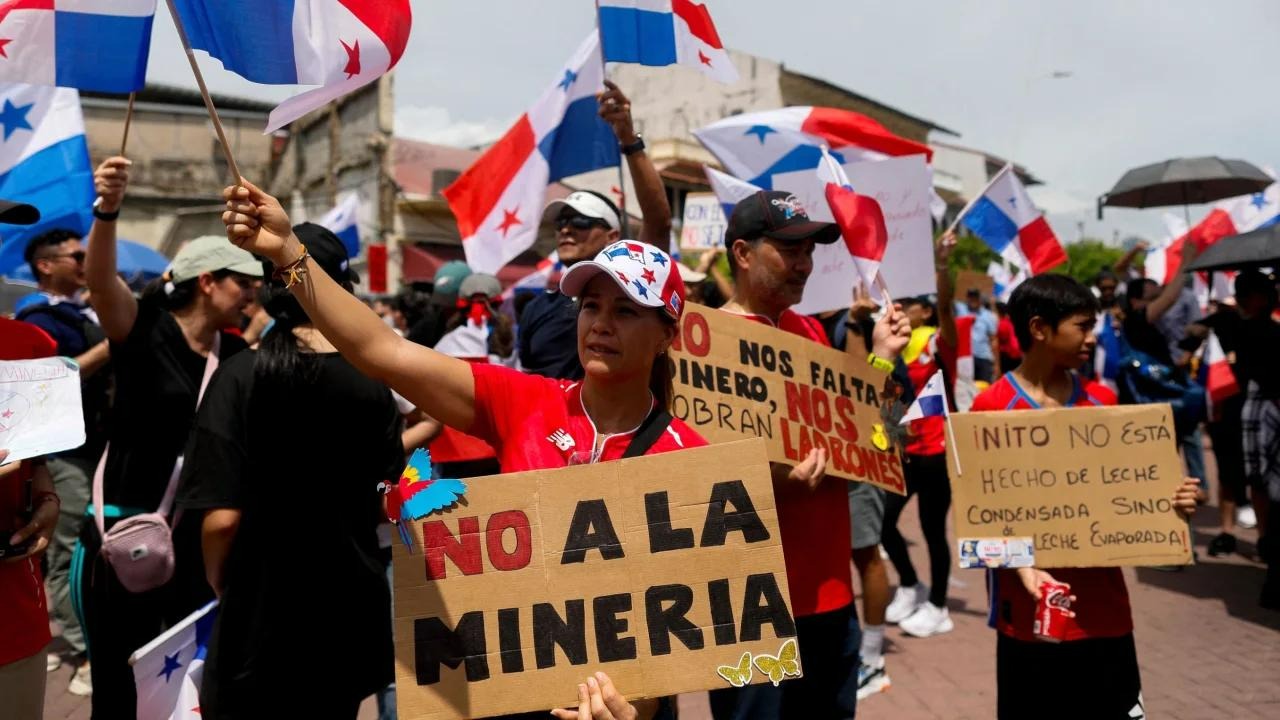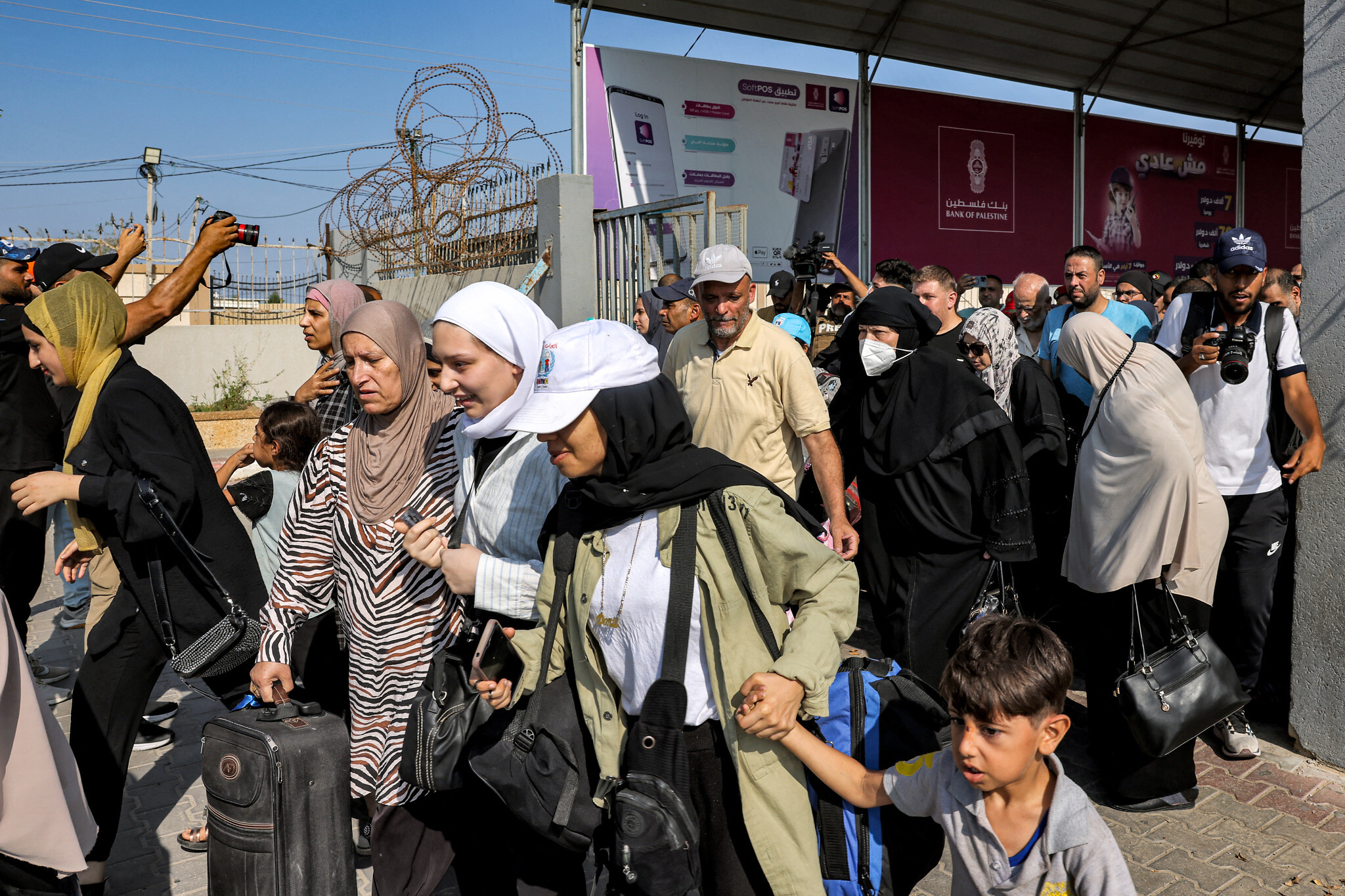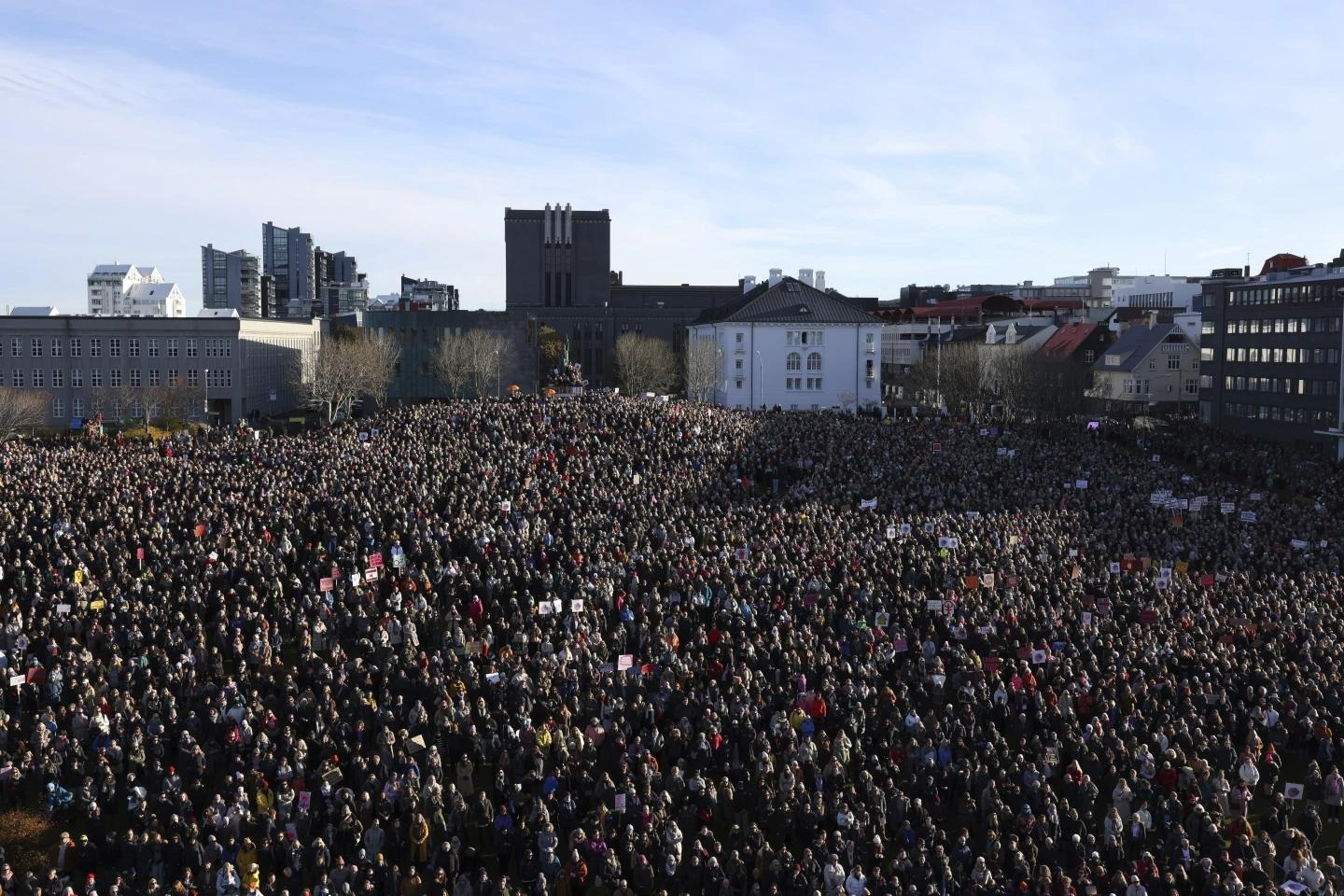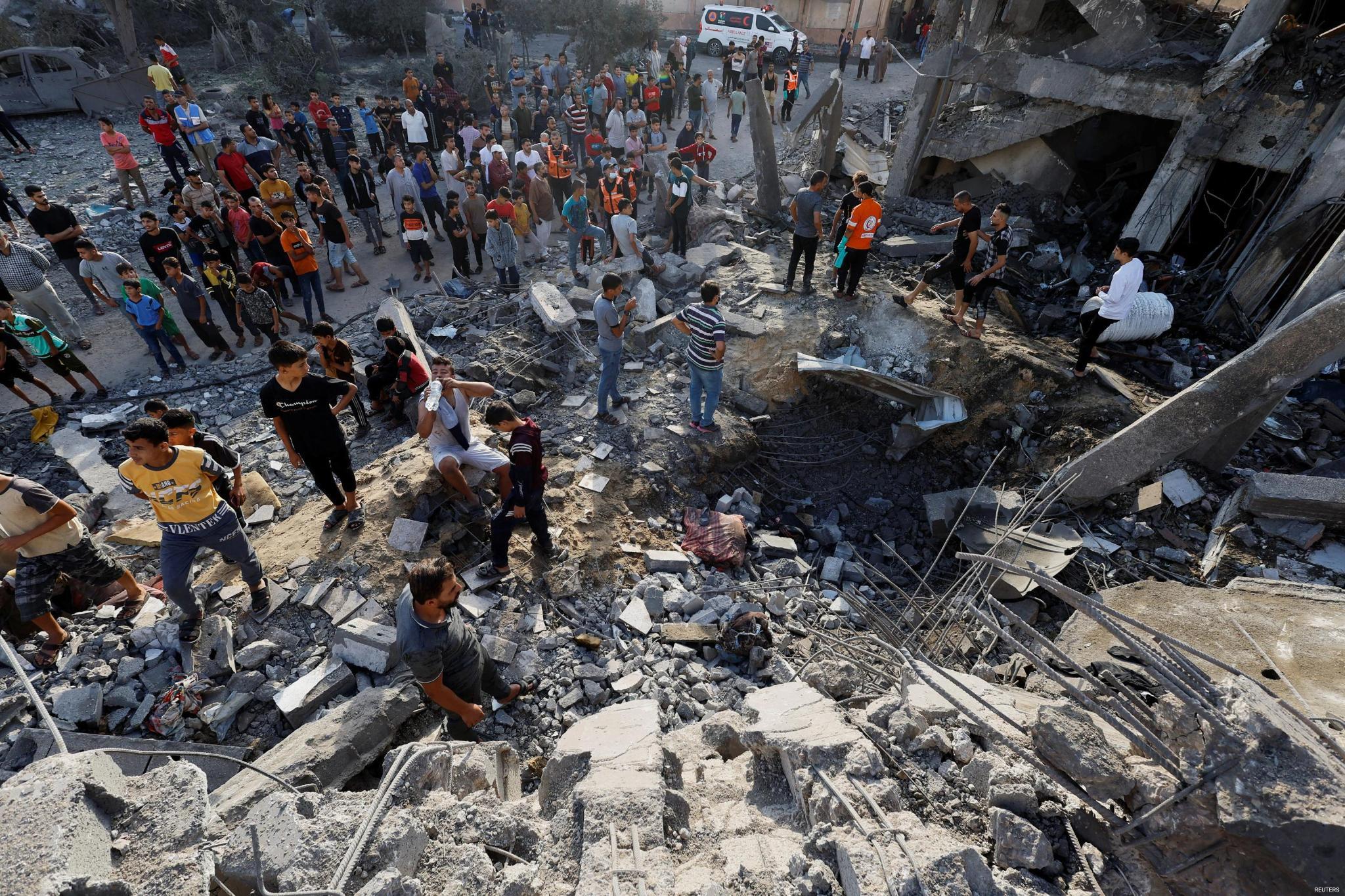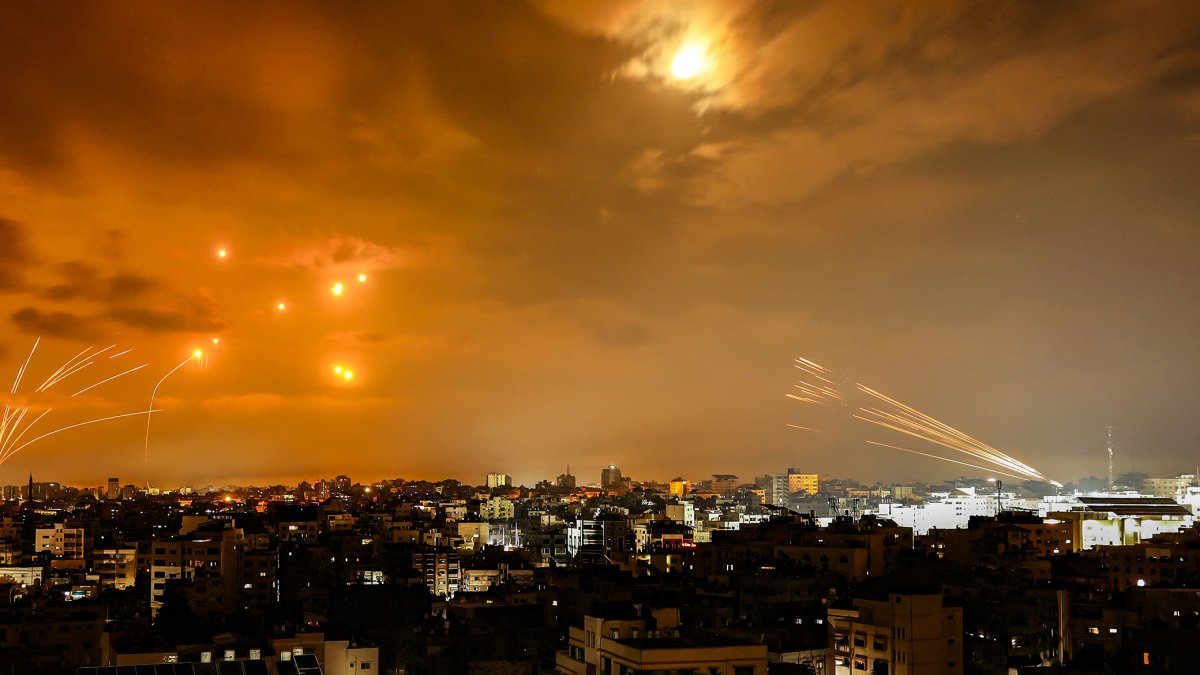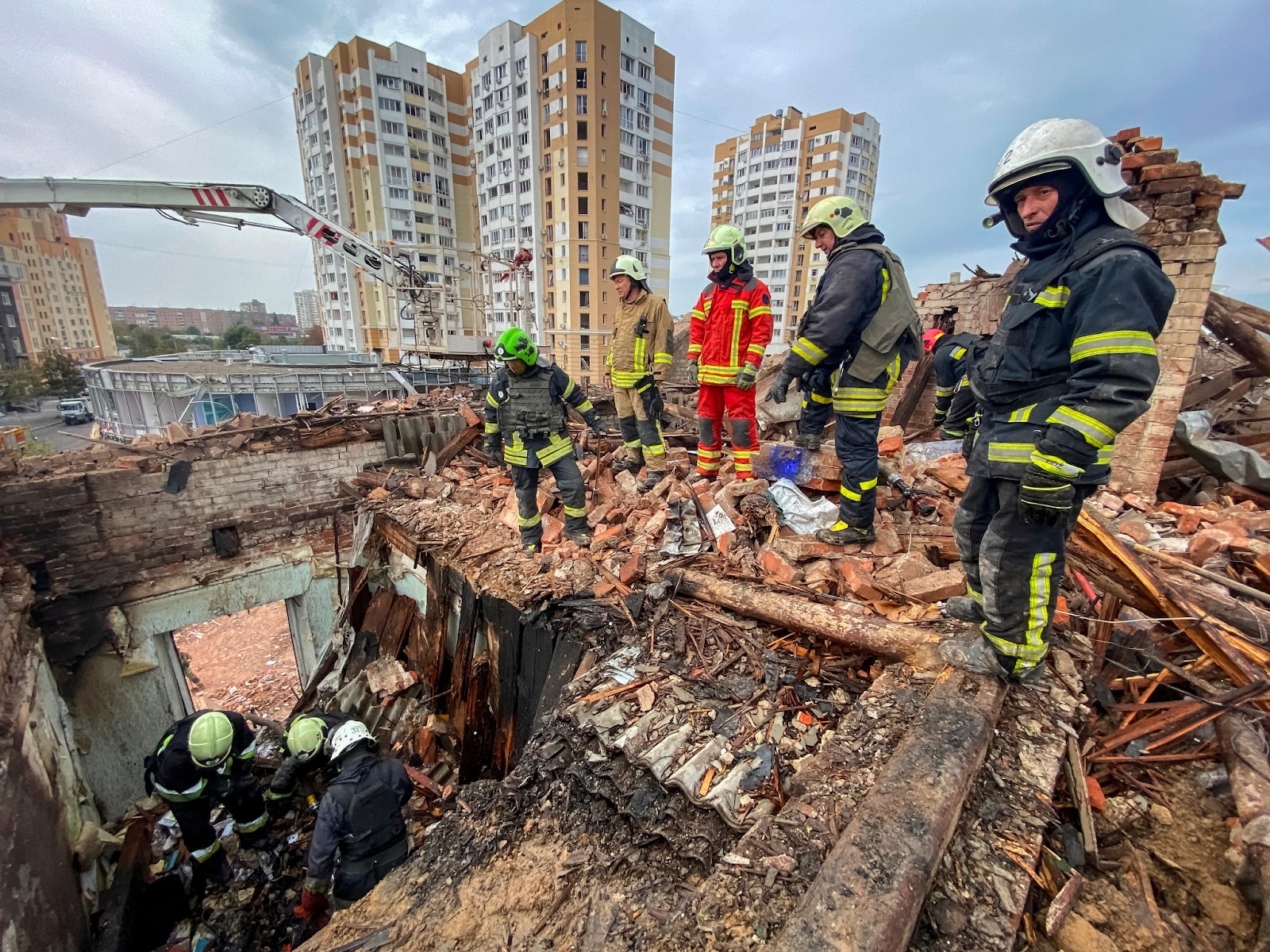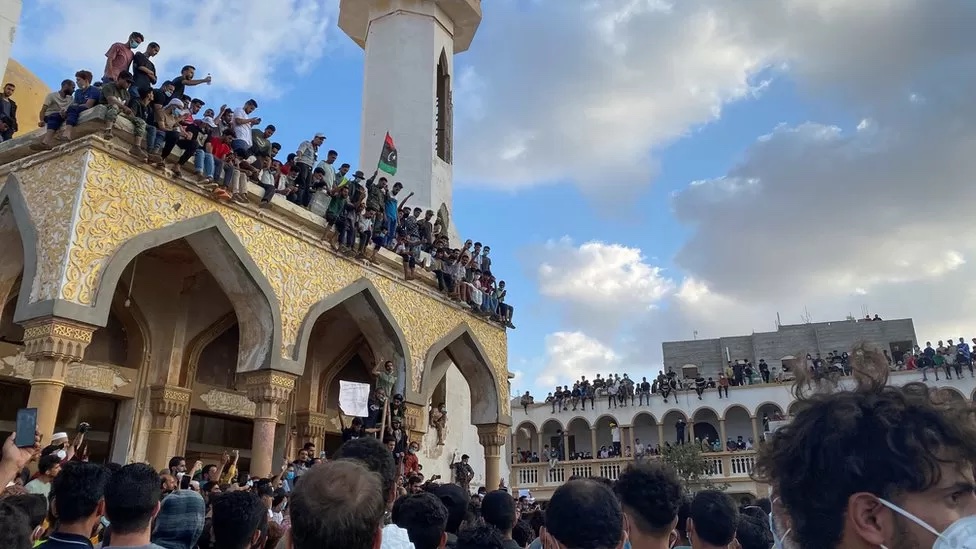Dear Friends,
CANVAS is delighted to bring you another issue of our weekly report!
Conflict Update:
Since a temporary ceasefire was negotiated last Friday, November 24th, the pause in fighting between Israel and Hamas was extended twice, lasting a total of seven days before expiring Friday morning. Negotiations fell apart in the last 24 hours and another continuation of the pause was unable to be achieved. During the ceasefire, over 100 women and children held hostage by Hamas were released in exchange for over 200 Palestinian women and children held in Israeli prisons. Critical aid was also able to flow into Gaza during the pause, providing much needed relief to Gazan civilians. Israel resumed its airstrikes on Friday.
Last Saturday, Russia launched its largest drone strike on the Ukrainian capital of Kyiv since the war between the two countries began, in an attack lasting over six hours. Ukrainian air defense teams were able to prevent mass casualties and no deaths were recorded, but at least five were injured, including an 11-year old child. A massive winter storm ripped across parts of Ukraine and Russia earlier this week largely halting fighting, reportedly damaging logistics and supply routes for both Ukrainian and Russian forces. Over 100,000 people were without power in Crimea while at least 14 people were killed across both Russia and Ukraine. Ukraine has begun to brace for increased Russian attacks on infrastructure as the war enters its second full winter, and Ukrainian officials worry the destruction of their energy architecture could deepen the existing humanitarian crisis.
Inside Russia this week, Russia’s top court labeled the “international LGBTQ public movement” as an extremist organization, opening the door for widespread prosecution. Given that there is no “international LGBTQ public movement”, prosecutors will have free rein to target individuals deemed to be a part of the “movement.”
In Italy, tens of thousands of people gathered the past weekend to protest violence against women amid the backdrop of the murder of a female university student earlier this month. With processions, runs, walks, flash mobs, sit-ins, and free gynecological examinations in three large cities in Italy – the goal was to raise awareness for gender-based violence and patriarchy in the country. Saturday was the International Day for the Elimination of Violence against Women, which emphasized femicide and gender-based violence as a continuous major global problem.

Venezuela:
The Venezuelan government has announced that opposition candidates who are currently banned from public office can appear before the top tribunal to overrule their bans. The announcement happened due to an agreement made in November, between the government and the opposition, which resulted in the relaxation of sanctions imposed by the United States in exchange for democratic rules for the election in 2024. Concurrently, as part of the agreement’s stipulations, the government is required to release political prisoners and ‘wrongfully detained’ Americans.

Georgia:
This month, the Georgian Parliament adopted the first reading of an amendment to the Election Code of Georgia, which will include a provision that people with non-electronic identity cards will be able to vote in the elections next year. Politicians estimate the number of people with only a non-electronic ID at about 200,000 – 300,000. Civil society leaders have expressed concern about the amendment as it increases the possibility of election fraud because the non-electronic IDs are easy to fake.
On Thursday, the Georgian Parliament adopted amendments to the defense code. In addition to improving the social welfare of military personnel and decreasing the length of compulsory military service, it will remove the exemption for being a priest as one of the grounds for deferral of military service. A local watchdog, the Social Justice Centre, is concerned about the latter. Priests from the Orthodox Church are still exempt from the service, due to the 2002 Constitutional Agreement between the Georgian state and the Orthodox Church. Therefore, they consider the law discriminatory against minority religious organizations.

Thailand:
During the October 7th Hamas attack on Israel, 32 Thai hostages were taken by Hamas. At the time, there were more than 30,000 Thai citizens in the country, mostly working in the agricultural sector. During the recent ceasefire between Hamas and Israel, 23 Thai citizens were among the hostages released by Hamas. Nine remain in captivity in the Gaza Strip. Top Thai diplomat, Parnpree Bahiddha-Nukara, emphasized in a recent interview that “the Thai workers are innocent, they are not involved in politics, they are not part of anyone’s conflict.”

Myanmar:
Myanmar and China are conducting joint naval drills amid the junta’s struggles against the Three Brotherhood Alliance in northern Myanmar, close to the Chinese border. Three Chinese vessels arrived in Yangon on a goodwill visit as part of China’s defense engagement. In recent weeks, the Three Brotherhood Alliance has made large gains against the junta, taking over more than 180 outposts and strong points.
